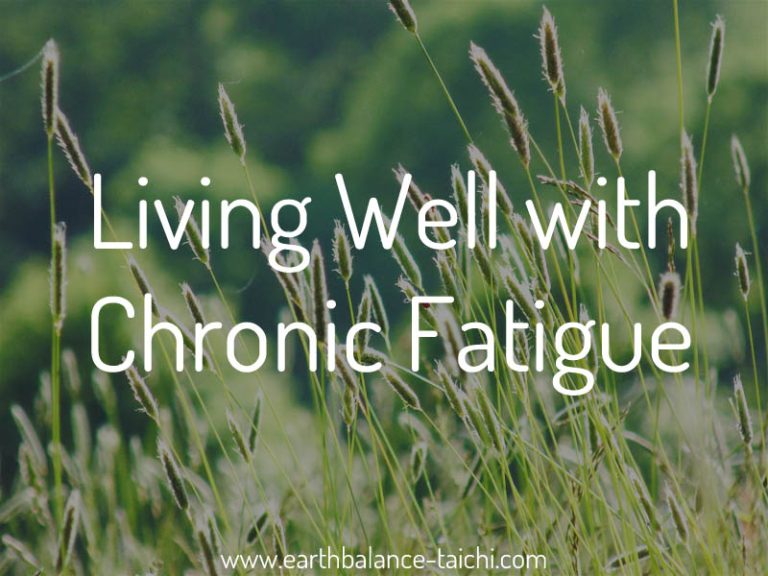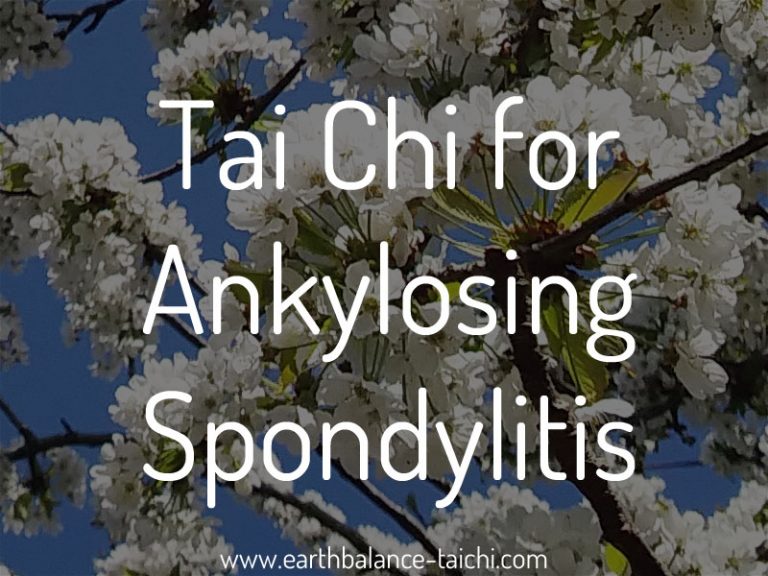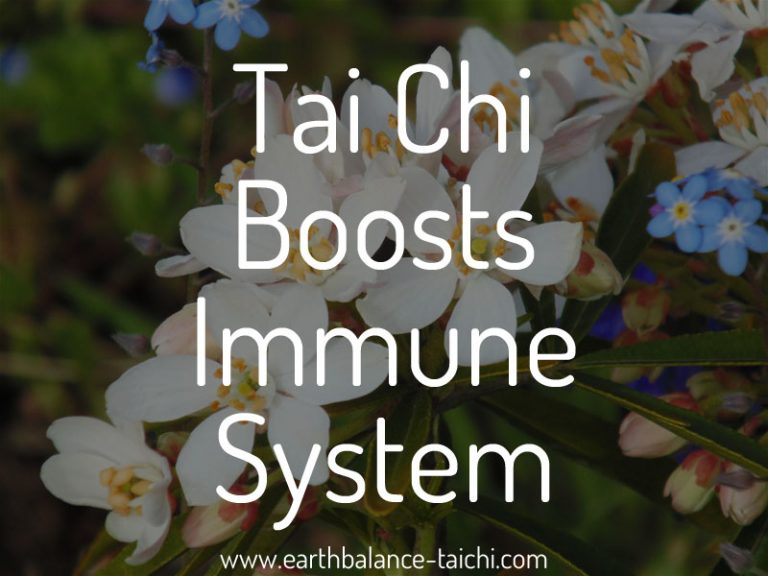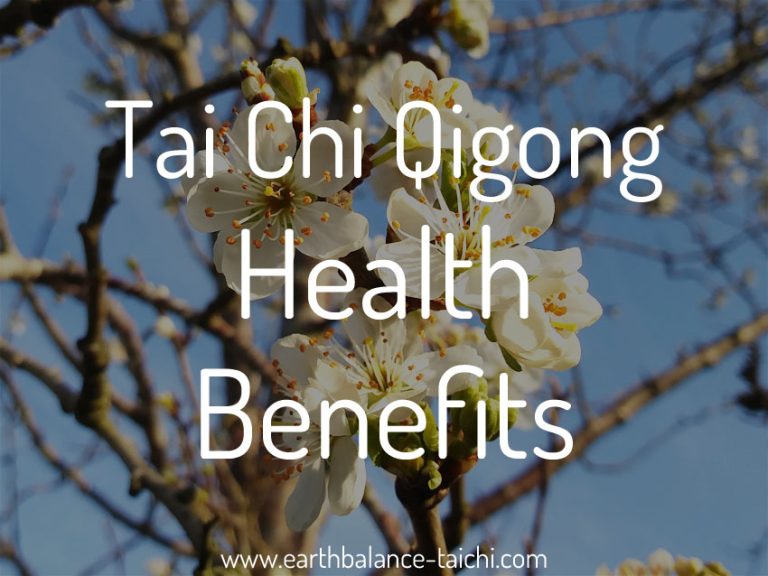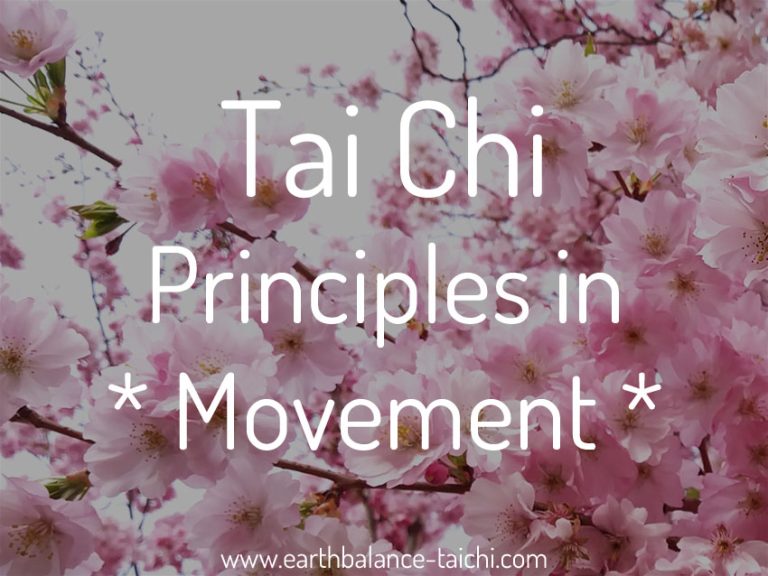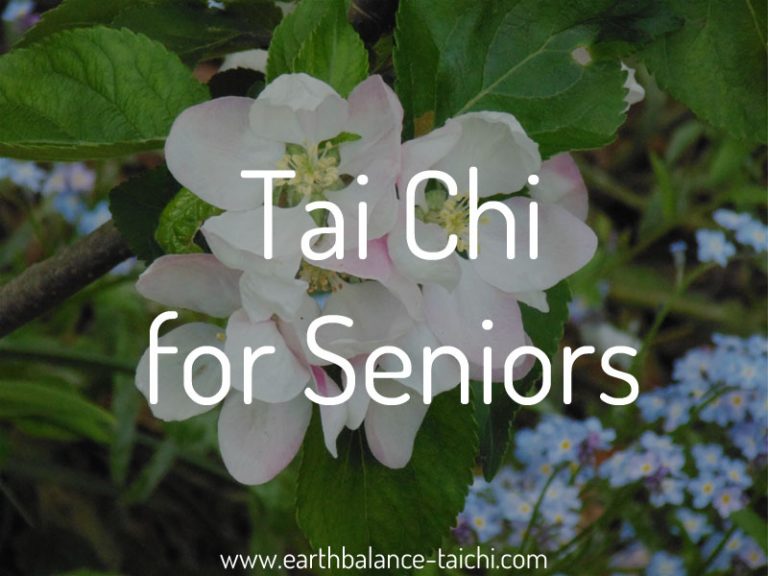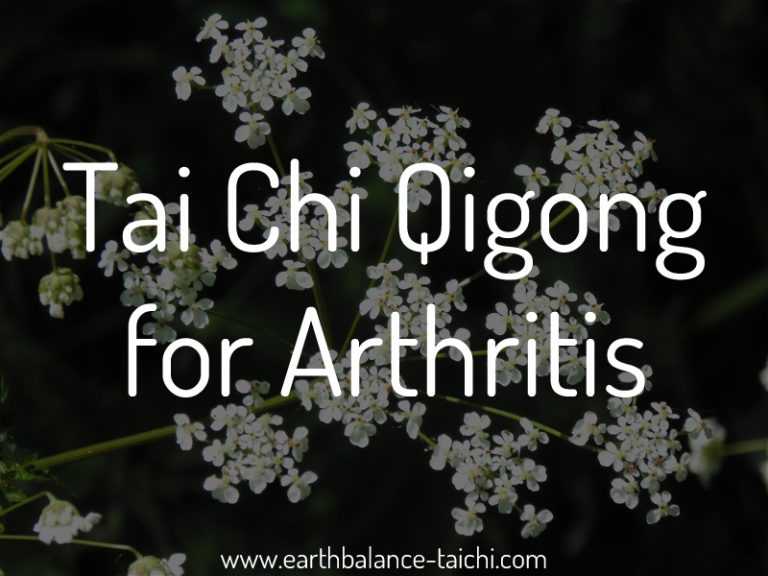Living Well With Chronic Fatigue
Living Well With Chronic Fatigue As a Tai Chi and Qigong instructor living with pain and fatigue, I cannot now remember a day without either. It is a difficult road to walk and one I wouldn’t wish on anyone. It’s an invisible condition that is often not recognised, validated or understood by society, doctors, employers,…
